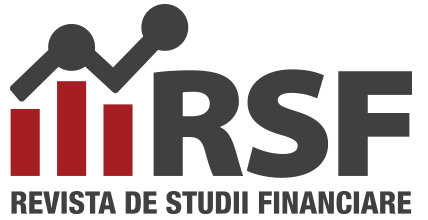Author: Lect.univ.dr. Călin Mihai Rangu
Vol. 4 • No. 7 • November 2019
Abstract
The society in which we live is defined as a knowledge society, and the economy is a post knowledge economy which is a mixture of knowledge and networks. In Intellectual Capital (IC) terms this means that Structural Capital (SC) derived from Human Capital (HC) and Relational or Strategical Alliance Capital (SAC) are becoming the key aspects
People possess IC based on knowledge like intangible, explicit or tacit assets. They hold some values, informally recognized, but often formally ignored. Cyberattacks target exactly these values.
The word “knowledge” has many valences. One being targeted by cybercrime (money, identities, intellectual property, etc.).
One of the main problems is that knowledge does not provide you with skills, and knowledge-skills fracture leaves free attacks, fraudulent practices, astronomical losses brought by cybercrime.
Accounting standards remain a tribute to classical principles not adapted to the reality of the knowledge society. For this reason, the value of the assets lost as a result of cyber losses is difficult to quantified. This is partially caused because companies have inventory of their tangible assets whilst most cyber-crime focusses on intangible assets which rarely have inventory. This can partially be dealt with by using enabling technologies such as machine learning, Artificial Intelligence and robotics. This is best seen in the extremely low level of cyber risk insurance. We should take policies, strategies to cover this gap.
At human level it is necessary to shift from the accumulation of knowledge to the development of skills, to cognition.
At the accounting level it is necessary to create the system of evaluation and registration of intangible assets of knowledge and networks, human, structural and relational capital.
Keywords: intellectual capital, cyber risk, assets
JEL classification: D81, G22, H56, M15
